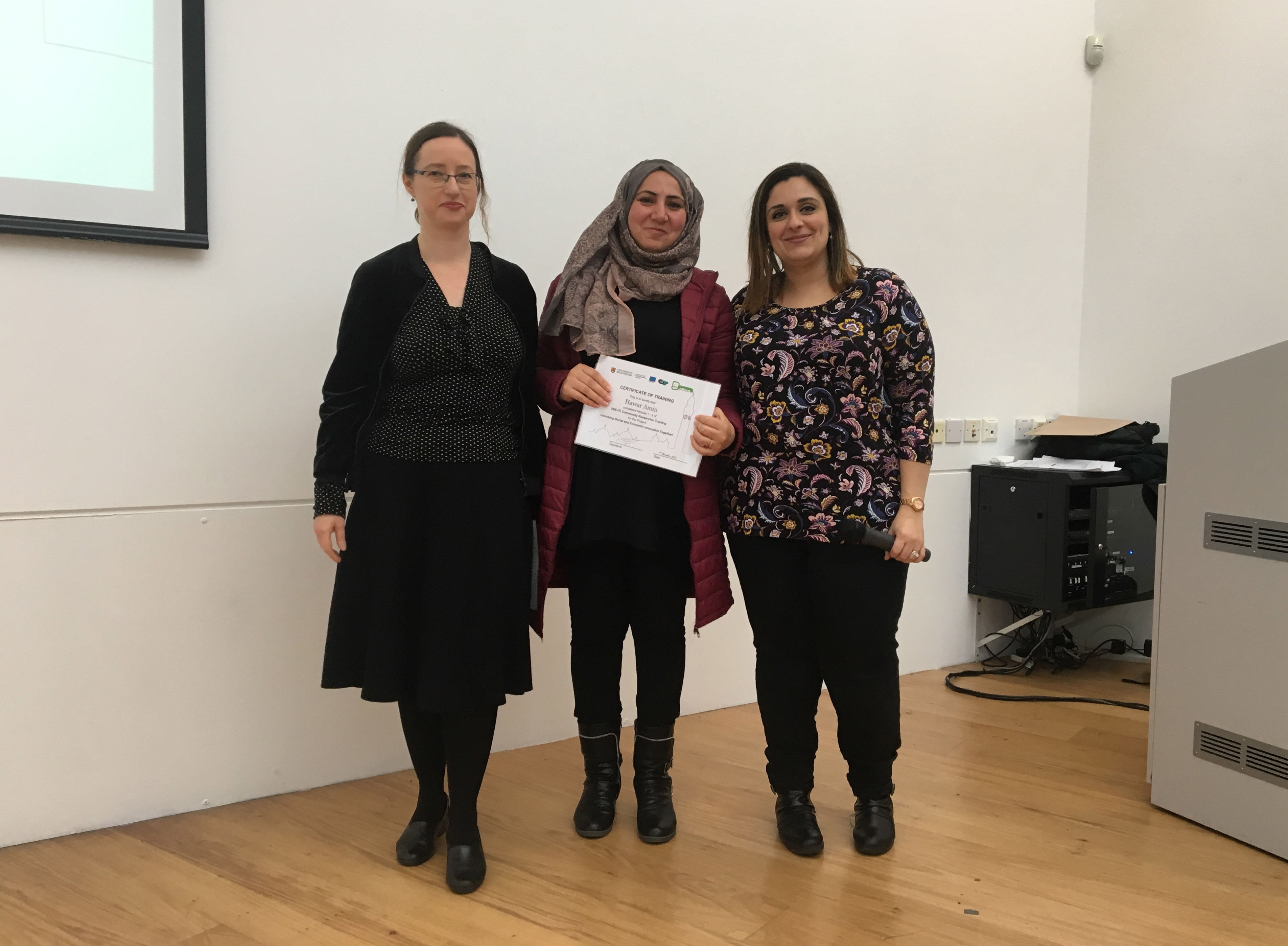Dr Peter Lee of University of Birmingham discusses the ethical concerns of voluntary researcher models.
How were the ethics of this activity handled, in terms of engaging people in voluntary labour?
When we wrote the USE-IT! bid we realised that the concept of resilience, which is at the heart of the objectives of USE-IT!, is problematic. It is a concept that polarises opinion and in a community context it has been used to justify the placing of more responsibility on the community to take care of itself. There is therefore a danger that we emphasise community resilience by placing too much reliance on the ability of individuals in communities to volunteer and fill the space of the market or the state. What we argued when developing the USE-IT! project was that a truly resilient system requires redundancy i.e. resources, diversity and substitutability - an insurance policy when things go wrong.
Did the voluntary nature of the work create any commitment barriers for the researchers, and would you consider seeing alternative ways to do this in the future?
At the core of USE-IT! we recognise the value of expertise in neighbourhoods but also the importance of paying for that expertise and not exploiting it. We built-in resources to pay the community researchers to carry out research after they had been trained. By doing this we wanted to demonstrate that there is capacity and ability in communities and that by creating a nexus between the universities and experts in neighbourhoods we can unlock the power of knowledge and leverage resources which could underpin viable model of community research. So, whilst there is a voluntary aspect of the community research within USE-IT! (we need experts in neighbourhoods to volunteer for the training and to recruit the next cohort) we have recognised the need to pay for community researcher time and to support the community researchers where they’ve had difficulties attending meetings et cetera.
What did the researchers feel they got out of the experience?
We feel that the community researchers have benefited from this experience and have said that USE-IT! community research has been a generous space in which their ideas are valued. We hope to continue this work and to develop a community research social enterprise which will blend the best part of voluntarism with a remunerative model of community research that values both the time and the ideas and energy of local experts in neighbourhoods and communities.
To discuss these aspects of the community researcher model further, contact Peter Lee on P.W.LEE@bham.ac.uk

